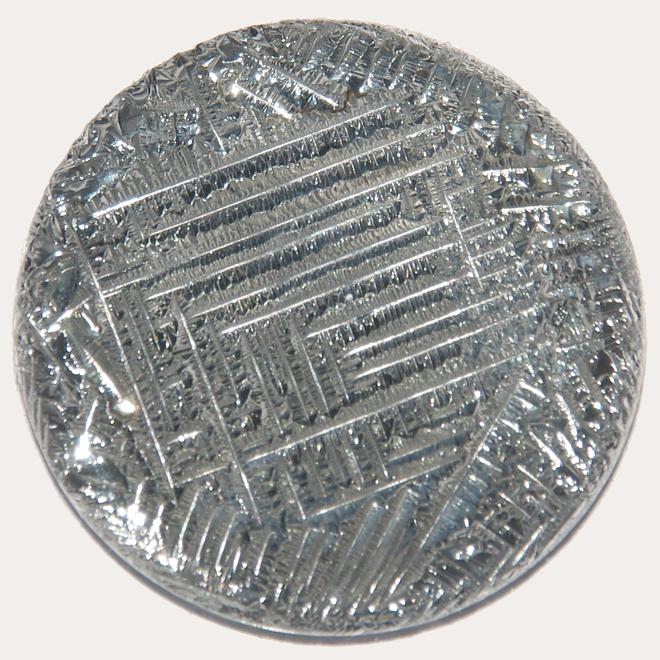Questions:
1. The quectosecond is one of the shortest units of time -- equal to 10-30 seconds -- that has a name. But physicists have a unit called ______ ____, equal to roughly 10-44 seconds. This unit of time is derived entirely from this universe’s fundamental constants, and no existing theory of nature can describe events that happen in less than this duration. Fill in the blanks.
2. A laser is a light source where the energy comes from certain particles or atoms. For example, in a handheld laser you get in stationery shops, this source is atoms. In an electron laser, the source is energy lost by a group of electrons. The shortest pulse from an electron laser produced so far is 53 __. Fill in the blank with the unit of time equal to 10-18 seconds, and which was related to the 2023 physics Nobel Prize.
3. One effect of X is time dilation: time passes faster, as measured by a clock, if the clock is in a place of stronger gravitational potential (e.g. closer to a massive body). Scientists have been able to estimate that as a result of X, one second on the earth is actually one second plus 696 picoseconds in a place where the gravitational potential due to the earth is absent. What is X?
4. In computer science, Unix time is a measure of the amount of time that has elapsed since 12 am UTC on _______ _, ____, minus leap seconds. At 8.10 am IST on July 14, 2017, fully 1.5 gigaseconds had passed since. Fill in the blanks with the date on which Unix time begins.
5. After about three zettaseconds, the universe’s ____________ era is expected to end and mark the start of the degenerate era, in which no new stars will be born. Fill in the blank.
Visual:

Name this metalloid element. One of its isotopes, of atomic mass 128, has the longest half-life (i.e. the time to which it will decay radioactively to half its mass): about 69 quettaseconds. CHEMICAL ELEMENTS - A VIRTUAL MUSEUM
Answers:
1. Planck time
2. Attoseconds
3. General theory of relativity
4. January 1, 1970
5. Stelliferous era
Visual: Tellurium







